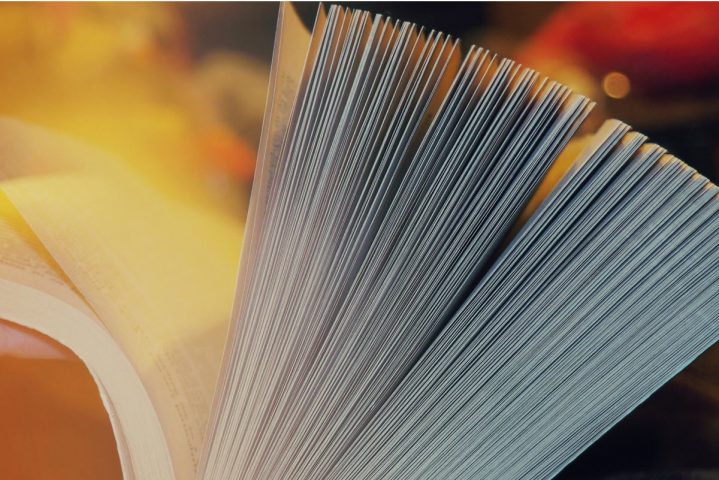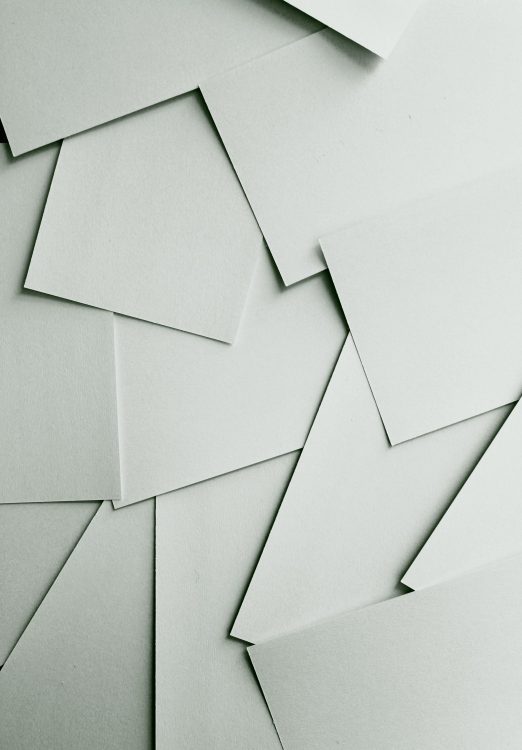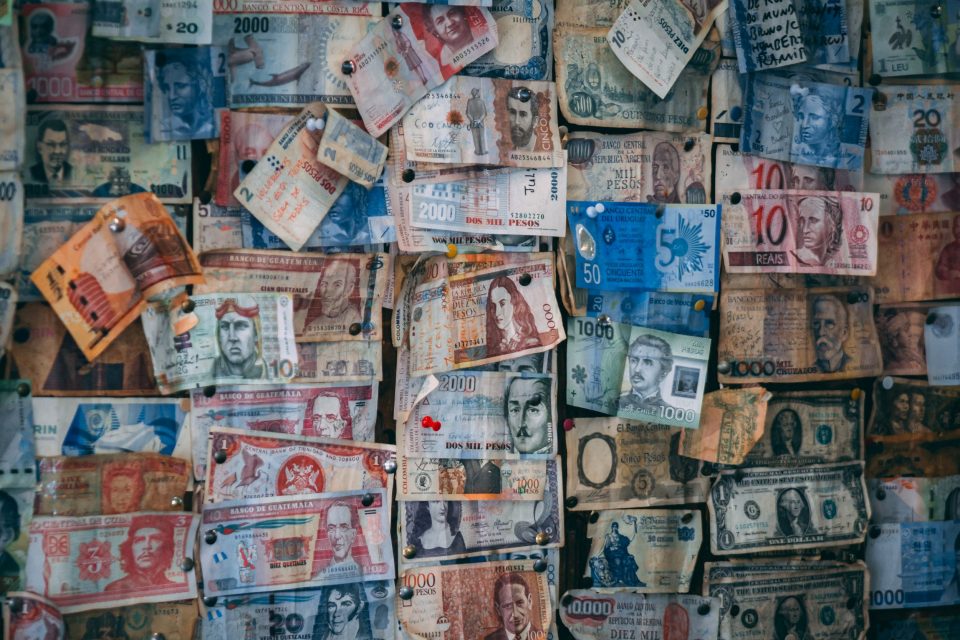5 Paper Trends to Look Forward to in 2019

5 Best Productivity Trends to Boost Your Performance in 2019
December 11, 2018
Will Traditional Journalism Fall Out of Use in 2019?
December 18, 2018
Our use of paper is evolving in response to technology evolution – as well as innovation in the paper sector. As we continue to seek the optimum balance between digital and analog in our working lives, Business Optimizer considers the innovations coming to paper 2019.
1. Taking unboxing to new – and greener – heights
While the trend for unboxing videos on social media continues to thrive, brands are seeking to develop and enhance the unboxing experience for customers. However, while creating a memorable experience for customers is important, this has to be balanced by real environmental concerns about sustainability. Innovations in recycled, compostable and natural material packaging – like these paper cups which don’t require plastic lids – are helping brands to balance these two important trends.
2. The old new role for print marketing
Writing in Forbes magazine, entrepreneur John Hall predicts a return to print marketing in 2019. He argues it helps brands to cut through the noise of digital marketing and reach customers in a way which for some is entirely new. For those of us of a certain age, the notion of a print newsletter being a “new” way to reach our audiences might seem a little absurd, but Hall argues that “integrated campaigns and creative distribution tactics that focus on ways to engage audience members that their industry competitors might not be considering.”
3. Niche publishing titles will continue to push coated paper prices
In 2018, an unexpected rise in the sales of publications from niche publishers and niche titles pushed up the price of coated paper. Publishing Executive magazine is predicting a similar uplift in prices through 2019, especially in the North American market. It suggests sticking with your existing printing company could be a good way to secure your supply.
4. New Colour Palettes for Stationary
At 2018’s Paperworld Trends in Frankfurt Messe, designer Claudia Herke said, “Against the background of digitalization and urbanization, our previous ideas of life and work are changing noticeably. Interestingly, the focus is less on technology than on people.”
She picked out three key trends in office design and stationery for 2019/2020: tinted + flexible, urban + pristine, and graphics + particular. She says “tinted + flexible” combines intelligent room concepts with homely materials in colors of golden yellow, ash rose and rich ochre. “Urban + pristine” is simple and natural, inspired by Scandinavian and Japanese design.
Materials include oak, walnut, cedar, stone, leather, linen, wool and felt, tweed accents in tones of graphite, wood, and off-white. Finally, “graphic + particular” is characterized by unique ideas and patterns with striking color combinations. Stationary features halftone prints, perforations, lattice structures, prints and collages in soft pastels contrasting with strong black, white and metallic highlights.
5. Even paper will get connected
Eileen Fritsch, Technology Journalist, and Blogger at Printvergence, highlights the different expectations of the millennial consumer. She suggests 2019 will herald more requests for connected print: “Marketers discouraged by the poor results of digital marketing now see the value of connecting digital marketing channels to real-world channels such as packaging, print advertising, and signs.
If interactive links on a magazine or outdoor ad enable consumers to immediately order a product they like, the ‘point-of-purchase’ can literally be anywhere a consumer wants it to be.”
Brands need to think creatively about how to tie in digital and print communications. For example, linking paper packaging with augmented reality experiences via shoppers’ mobile phones is one novel way to exploit the advantages of print in combination with the advantages of digital.



